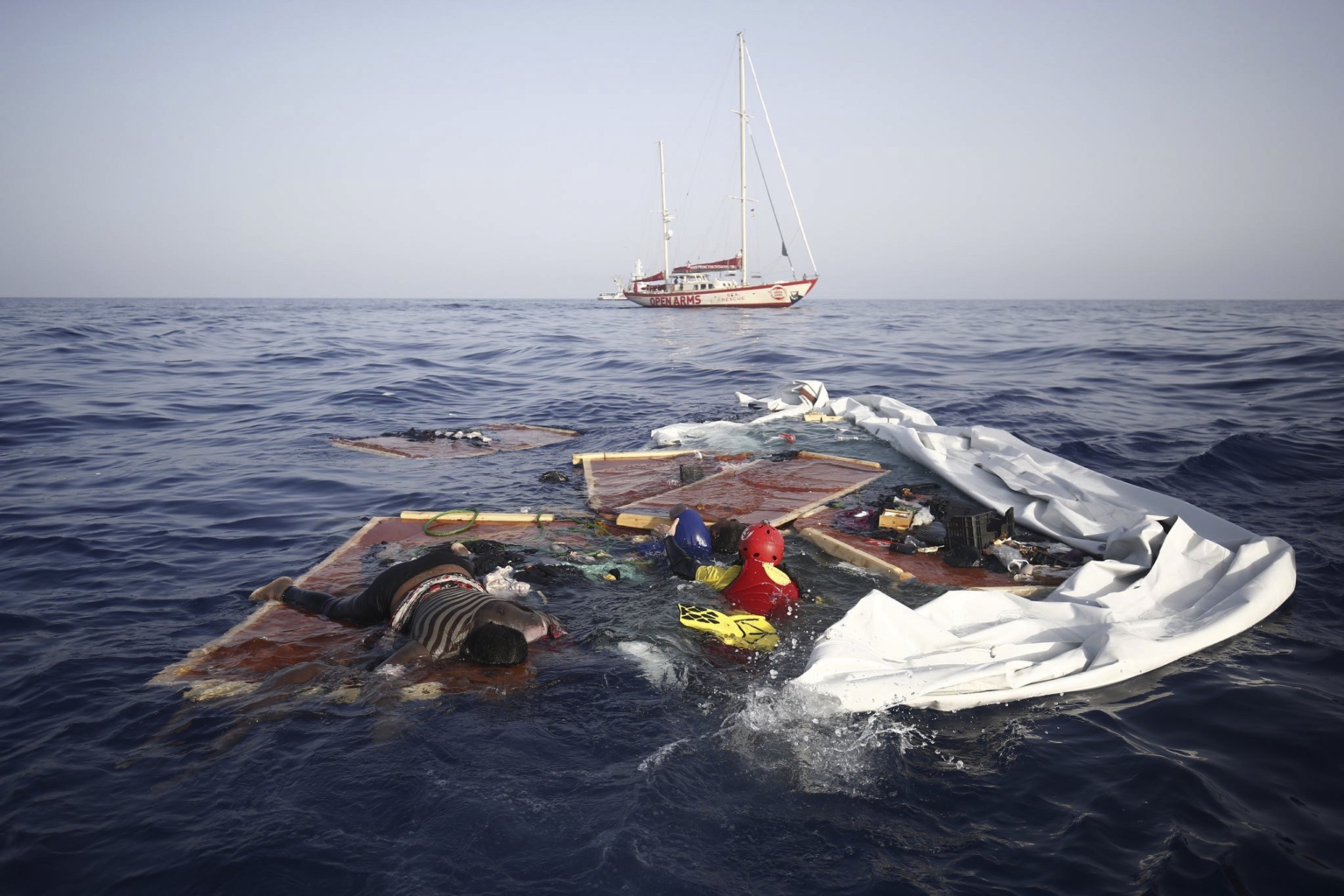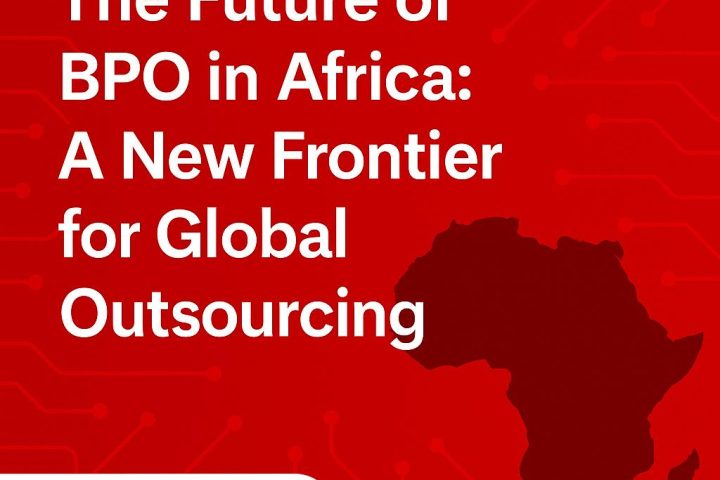Wake the World: Covid Didn’t Stop Trafficking but Rather will Make it Worse.
As the world marks the Day against trafficking on 30th July, it’s imperative for us to take our time to reflect on the crime of trafficking and how it has persisted regardless of the global pause on inter-nation human movement.
Self isolation and social distancing was the parameters on which our safety during this covid-19 pandemic is hinged on and as the world stopped moving during the strict lockdown phase, those concerned were worried on the fate of the people trapped in sexual captivity and its concomitant hazards.
People that their freedoms are already denied them, that had to endure being soiled and taken advantage of during the lockdown, without any hope of freedom and worse without their occasional temporal means of escapism as all social activities and movement grounded to a halt so there weren’t any distraction or sort of relief for them from their unpleasant realities.
Children, men and women ensnared in harsh labour conditions and forced to work for a pittance without protective gears in very unsafe environments who will need to stay put till the world returns to normal, some had to continuously mine in under-ground tunnels without access to sun light and natural air.

The Post Covid-19 World Economy Situation will Spike the rise of Trafficking.
Now as the world continue to struggle with the recent pandemic and the economic uncertainties it has ushered into the human existence, it is apparent that all forecasts on the global economic downturn which will certainly trigger other social uncertainties of a global scale means that there is going to be a rise in trafficking.
Economic hardship is one of the silent factors that influences irregular migration which in turn endangers the desperate migrants out of their frantic effort for survival, as they risk becoming victims of organ and sex trafficking, forced labour among others.
Cultural activists during the African Elders and Women Intercultural dialogue events have consistently hinted on this new culture of African youths resorting to migrating to other parts of the world by all means, with the wrong notion that life anywhere else is better than in the continent of Africa.
An error which they always find out too late on how wrong they were when reality of the dangers of enslavement, Organ and Sex Trafficking they expose themselves to in foreign lands hits them in the face.
There are millions of people trapped in the bondage of slavery around the world. One out of every four victims is a child who has been deceived or kidnapped and has no ability to or means of escape.
Children and adults trapped in slavery face physical, verbal, and sexual abuse daily, and cannot leave to find other work or protect their families. Enslaved people are reportedly beaten, gang-raped, locked in tiny rooms, starved, and even forced to witness murder or forced to kill , especially in cases of child soldiers.

Debt Bondage
Better economic opportunities linked to Debt bondage is going to be one of the seemly innocent ploy traffickers are going to use and lure innocent victims into bondage of trafficking post covid-19 pandemic.
According to www.thenews.com.pk this is how debt bondage works.
Trafficking gangs lure vulnerable people with false promises of escaping poverty and discrimination. Invariably, they will answer job adverts boasting huge wages and assurances that travel and immigration documents will be taken care of.
Migration worries are outweighed by desires for betterment. But on arrival, victims discover the job does not exist – and they have accrued a debt by accepting the transit.
Known as debt bondage, they are trapped in an endless cycle of working under duress with little hope of repaying the sum. Sexual exploitation ranges from escorting and creating pornography to working in strip clubs and forced prostitution.
Pimps will strip women of their possessions and monitor their movements. Associates ferry them between brothels, coercing them into having sex for money with multiple men each day.
They employ control tactics to buy victims’ silence if they display a flicker of doubt or defiance. This can include violent threats and claims they will be deported if they contact the authorities.
In the past months amidst the lockdown and other social inconsistencies, cases of trafficking and human abuse were reported from all parts of the globe, from Nigeria to USA, Liberia, Thailand, Canada, Mexico and Lebanon , signalling that trafficking and abuse of victims of trafficking is a daily global occurrence.

Below are some of the disturbing news of trafficking during the Covid-19 pandemic that was in the media space.
Nigeria police rescued workers ‘locked in rice factory’
Police in Nigeria have rescued more than 100 people they say were locked in a rice-processing factory and forced to work throughout a coronavirus lockdown. From the end of March the men were allegedly not allowed to leave the mill in the northern city of Kano.
The workers were promised an additional $13 (£10) a month on top of their $72 monthly salaries- those who did not accept was threatened with the sack. Five managers at the Indian-owned mill have been arrested.
An Eritrean Asylum Seeker Killed in Libya
UNHCR expressed its deepest condolences over the tragic death of a young Eritrean asylum-seeker in Tripoli and called for renewed action against smugglers and traffickers who continue to inflict unimaginable suffering on refugees, asylum seekers and migrants in Libya
UNHCR also called on the international community to provide more support to the authorities in their fight against human trafficking networks
Ghanaian lady in Lebanon found dead hours after last distress message about her abuse.
A Ghanaian lady in Lebanon was found dead hours after sharing a desperate message about the abuse she was suffering at the hands of her Lebanese employers.
Faustina Tay, 23 years old, had shared her recurrent abuse with an activist group – This Is Lebanon – before she was found dead on March 14, 2020, Aljazeera reports.
“Tay’s body was discovered in a car park under her employers’ fourth-storey home in Beirut’s southern suburbs, between 3 and 4am on March 14. A forensic doctor who examined her body found that her death was caused by a head injury “as a result of falling from a high place and crashing into a solid body”.
Children rescued from Kidnappers den in Mexico.
Twenty-three children were rescued during a search for a missing 2-year-old in a raid at a house in San Cristóbal de las Casas, Chiapas. The missing child was not among them.
Most of the children ranged in age from 2 to 15, but three babies of 3 to 20 months of age were also found. The children, who were being held by three women, all showed signs of significant malnutrition, authorities said.
The focus of the raid, Dylan Esaú Gómez, was kidnapped from outside a San Cristóbal market by a teenager on June 30.
Authorities said the children were being forced to sell candy and trinkets on the streets and had to meet a sales quota before returning home in order to receive food and a place to sleep, which appeared to be no more than sheets of cardboard and blankets on a cement floor.
The three women found at the scene were arrested and charged with human trafficking.
At least 12,755 children are missing in Mexico, according to the National Registry of Missing Persons (RNPDNO) published by the National Search Commission (CNB), and 1,416 of those are under the age of 4.
Seven children go missing in Mexico each day, abducted for illegal adoptions, forced labor or sexual exploitation, activists say.

Chinese Firm Busted for trafficking in Monrovia Liberia.
The raid came a day after FrontPageAfrica reported that Qnet International had allegedly trafficked into the country dozens of teenagers and young adults from Mali, Guinea, and Sierra Leone, among others. The company had brought the country under the guise of providing job, travel, and scholarship opportunities.
Based on the FPA report, the Government ordered the arrest of operatives and officials of Qnet International, a Chinese firm operating in the country.
During the police raid of the firm’s offices in Paynesville, it was established that the company had closed all its offices in Paynesville except for the ones in Du Port and Pipeline Supermarket community.
Eleven persons were arrested – seven from the Du Port office and four from the Pipeline community. Another person, who was arrested, claimed to be one of those brought into the country by the firm.
Police target human trafficking network in raids across Germany
German police have raided 26 premises across the country as reported on 2nd of July during an operation to dismantle human trafficking rings. Three suspects have been detained, who are alleged to have links to a criminal group run by a 65-year-old Kosovan national, who was also arrested.
The alleged Kosovan ring leader is reported to go by the pseudonym of “the ambassador” among people smugglers. He is accused of providing fake immigration stamps to illegal migrants for money, dealing mostly with Albanians. The dpa news agency reports that he thus made it look like the illegal migrants had been granted permanent residence in Germany.
The World Needs to Strengthen its Resolve against Trafficking.
It is apparent that despite COVID-19, the human trafficking industry continued, and slowly beginning to increase.
The International Justice Mission a not for profit organisation that partners with local authorities to rescue victims of violence, bring criminals to justice, restore survivors, and repair gaps in the justice systems has explained that the scourge continues because the $150 billion “industry” turns a generous profit for those involved.
The engines that drive the industry range from the purveyors of sexual exploitation to leaders of businesses who are willing to employ extreme measures to produce goods as cheaply as possible to trade in world markets. Their purposes range from the immoral to the amoral, with the accumulation of wealth as their primary objective.
Nations around the globe are under pressure to implement legislation that specifically brands human trafficking as illegal. But there is a huge gap between the existence of a law and the enforcement of it. In many, many cases, law enforcement agencies are either unable or unwilling to deal with the problem.
All governments of the world and Not for Profits organisation that is in the fight against trafficking should not relent but rather should motivate each other by sharing their enthusiasm and commitment for the fight via networking and exchange of information.
As we were in our homes during the lockdown, traffickers did not shut down. They continued to harm people, finding ways to innovate and even capitalize on the chaos of the pandemic.
The economic situation of the vulnerable are getting worse , Governments needs to step up and create opportunities for the youths in their nations , it’s important that we all remain resolved in our pursuit of freedom for every victim of human trafficking and bring to book every trafficker regardless of where they are in the world.
The Author:
Cookey Iwuoha is Project Coordinator All Africa Media Network, and Convener African Elders and Women Intercultural dialogue, He is a dialogue facilitator, passionate creative writer, poet and published author. He is the publisher of Nigerian Eye Newspaper, a Young Africa Leadership Initiative (YALI) Alumni, and has participated in other capacity development programs like United Nation Foundation’s Virtual Reporting Fellowship, Center for Human Rights Certificate on African Human Right System and Amnesty International’s Freedom of Expression Certificate program among others.





